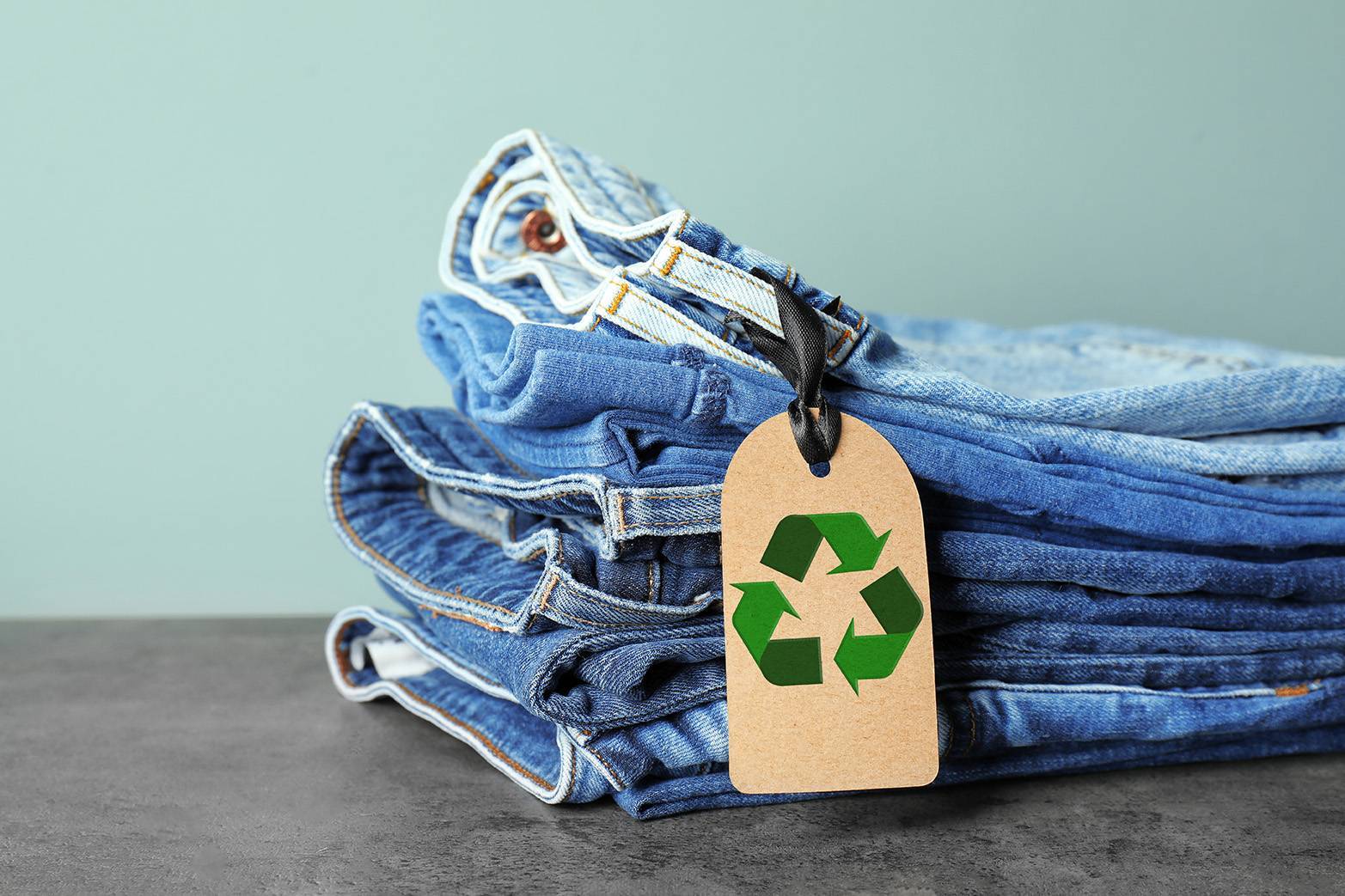The European Parliamentary Research Service (EPRS) has conducted a study to identify data gaps across the textile industry’s supply and value chain. Collecting, owning, sharing and using data currently poses several challenges for the textile industry – and the wider circular economy.
The study covers the entire textile life cycle, from fibre to end-of-life, and identifies the following data gaps during various product stages:
- product-related (technical lifetime of a product, durability, content, chemicals used in dyeing/finishing)
- logistics (transport data, freight transport emissions, social impacts of freight transport)
- use phase (wastewater from washing or actual use time)
- system (input/output gap for energy, waste, chemicals, and materials)
- waste (reuse, landfill and export)
Obtaining this data is challenging for designers, waste and fibre recyclers, manufacturers and consumers, creating barriers to transparency, reliability and traceability.
However, this data is essential for making sustainable purchasing decisions throughout the value chain.
To fill the data gaps, the study identifies several hardware and software solutions that can help drive the transformation towards a sustainable sector.
In particular, it highlights open data sharing between all actors in the ecosystem, which can also create new circular business models.
The study also promotes globally harmonised measures and standards to accurately assess the impact of textile products, which can create a level playing field for both EU and non-EU products.

